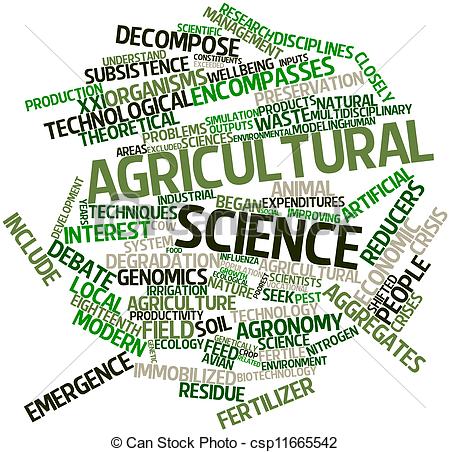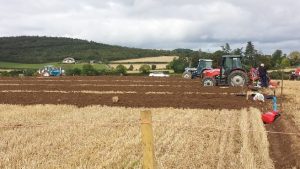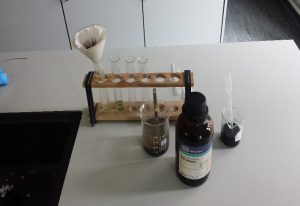
Agricultural Science St. Josephs Community College Charlestown
Leaving Certificate Agricultural Science involves the study of the science and technology underlying the principles and practice of agriculture. It aims to develop knowledge, skills and attitudes that promote the sustainability of agricultural resources, and places emphasis on the managed use of these resources. Plants and animal types associated with agriculture are studied and investigations undertaken into topics such as soil, ecology, plant and animal physiology, farm crops, farming practices, genetics and microbiology.
St. Josephs offers students of Agricultural Science to access Ordinary and Higher levels, through coursework undertaken over a two-year period and a terminal written examination in June of the final year.
The course is aimed at students with an interest in Agriculture and Horticulture. Students are made aware that an Agricultural background is not necessary, and that the course covers a wide range of topics.

The subject is based on the principles and practices of typical Irish farms and deals with the following:
- Sheep/Beef/Dairy/Poultry/Pig management and production
- Grassland Management and Tillage crop growth and production- Practical component on gardening
- Forestry
- Soil Science
- Animal Physiology
- Plant Physiology
- Microbiology
- Genetics
- Plant and Animal classification
- Ecology
- Farm Safety
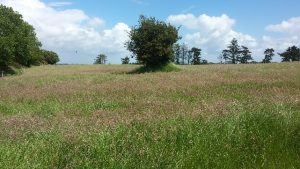
Along with classroom and Laboratory work, students also take part in a number of field trips and excursions to farms and colleges. This allows students from a non-farming background to get a feel for what happens on a working farm and see the applications of their learning. Throughout the two years, students consistently add to a portfolio/folder of their practical experience. This work is assessed regularly by the Teacher and feedback and recommendations given to improve standard. The practical Portfolio is assessed for the last time by the Teacher in April of the final year, marks are awarded to student folders in accordance with guidelines. Students will take part in an Oral assessment by an external monitor, this occurs in May of the final year. The practical component is worth 25% of the overall marks. The remaining 75% is assessed by way of a terminal written examination in June of the final year
Learning Intentions & Outcomes
At the end of 6th year Agricultural Science Students will be able to:
- Understand the origin, structure, texture and properties of soils
- Understand the use of fertilisers
- Explain the general structure and function of plants, including macro and micro structure, plant reproduction and plant physiology
- Account for different methods of grassland management and explain how to obtain and maintain good quality pastures
- Outline the classification of Plant and Animal Kingdoms
- Classify plants and animals of agricultural importance
- Explain the principals and functioning of organ systems of the animal body
- Identify animal breeds associated with beef and dairy enterprises, as well as the management of these production systems
- Identify sheep breeds and outline the management practices of sheep on Irish farms
- Identify pig breeds associated with intensive/indoor and non-intensive/outdoor production systems and the management thereof
- Maintain a practical folder, with details of own practical experience throughout the course including sections on Farm layout, class fieldtrips, monthly farm diaries, plant and animal classification, 2 crop investigations, 1 animal enterprise investigation and experiments sections
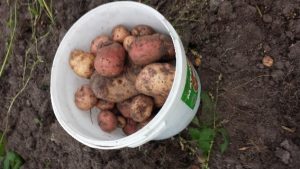
Subject Content
The course consists of the study of a variety of aspects of agriculture under the following headings:
- Soils
- Structure and function of plants
- Farm crops- cereal and root
- Farm cops- grassland
- Trees and shelter/ Forestry
- Structure and function of animal body
- Cattle, sheep, pigs, poultry and horse – production systems and management
- Farm buildings/ farm layout- practical assessment
Exam Structure
The examination in Agricultural Science of (a) a terminal examination paper and (b) an assessment of the work of the candidate during the course under the headings: identification of plant and animal types associated with agriculture; practical experience with crops, livestock, farm yard layouts, investigations carried out related to ecology, soil science, animal physiology, plant physiology, genetics and microbiology.
The examination for this subject is split into two sections:
- Practical -portfolio folder and an Oral examination is worth 25% of overall score
- Written exam is worth 75%
Subject Organisation
Agricultural Science was introduced in August 2011 under the stewardship of Ms. Mc Hugh.
The Agricultural Science class has been allocated 5 class periods per week (one single and two doulbles) to pupils. This is in line with department guidelines. In addition to class contact time, a number of excursions are organised outside of this time to facilitate achieving the desired goals.
The classes are mixed ability. Most pupils would aim to sit the Higher-Level exam at Leaving Certificate. As mentioned in the Learning Intentions and Learning Outcomes, the subject is practical in nature and every effort is made to expose the pupils to a range of practical investigations within these periods. In addition, the pupils will visit a number of farms throughout the course, typically sheep/dairy/beef/pig farms. In school students, will get the opportunity to grow crops including potatoes in the school garden. Pupils are expected to attend school field trips. In the past the Class has visited; The National Ploughing Championships, Ballyhaise Agricultural College, Mountbellew Agricultural College, Carrick on Shannon ‘Fat Stock Show and Sale’. Pupils are expected to keep a portfolio of their practical experience, which will later account for 25% of their overall Leaving Certificate grade in the subject. Exams are usually given in class between terms as well as Christmas and Summer exams.




